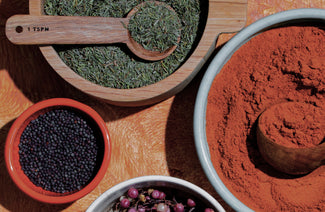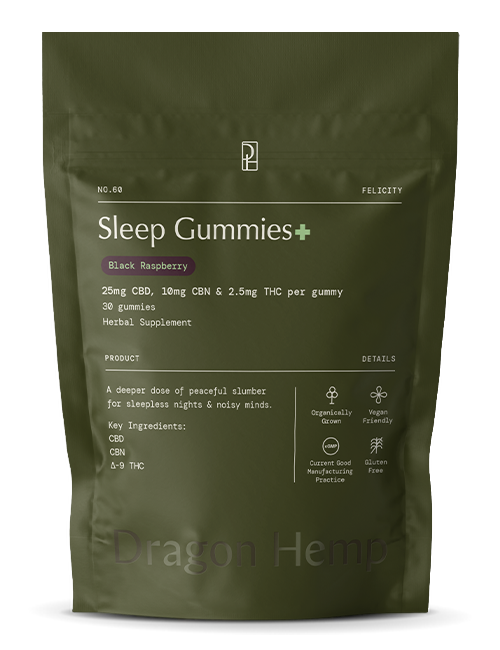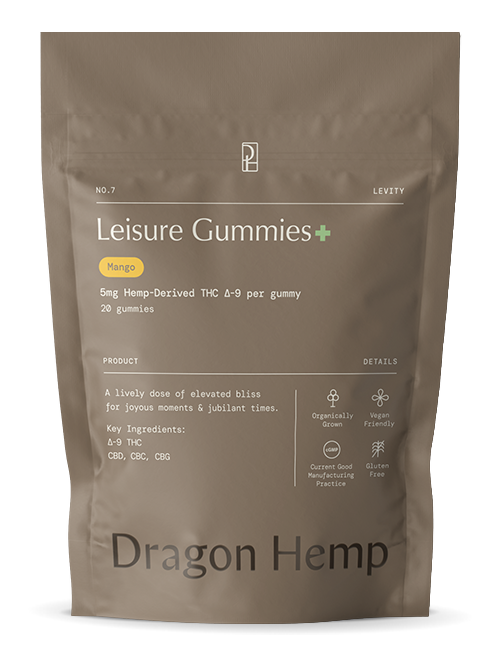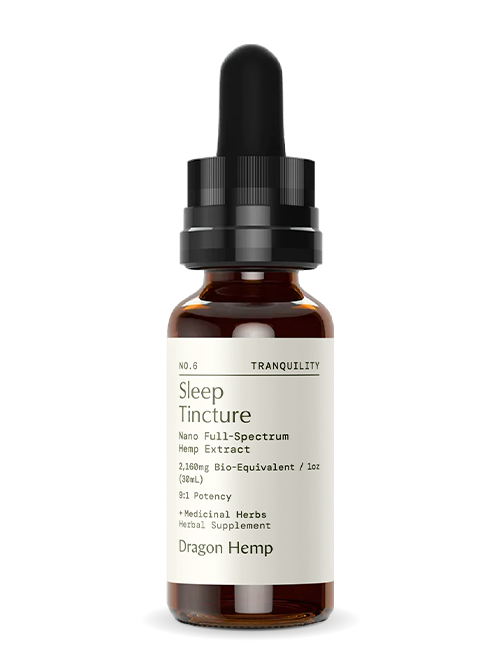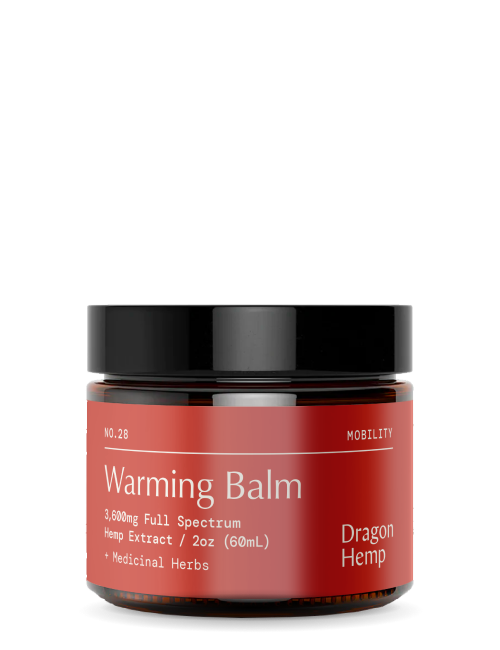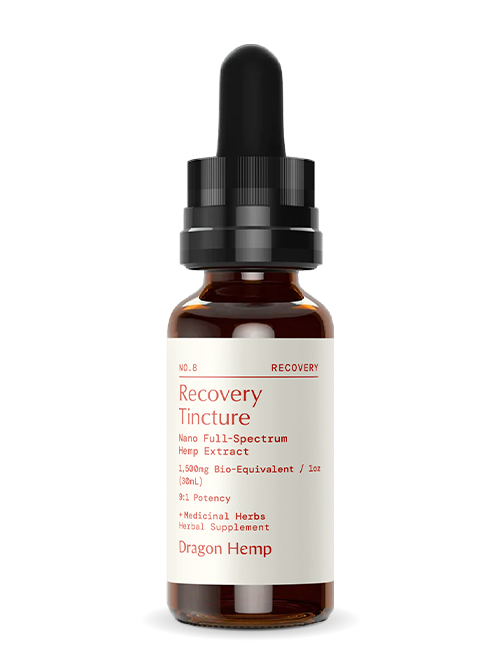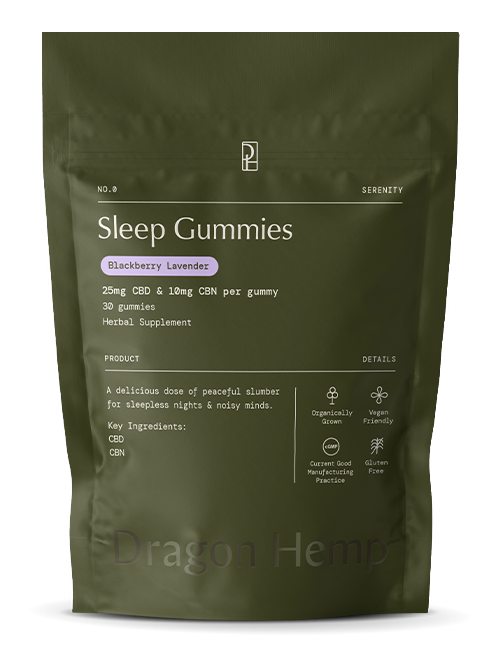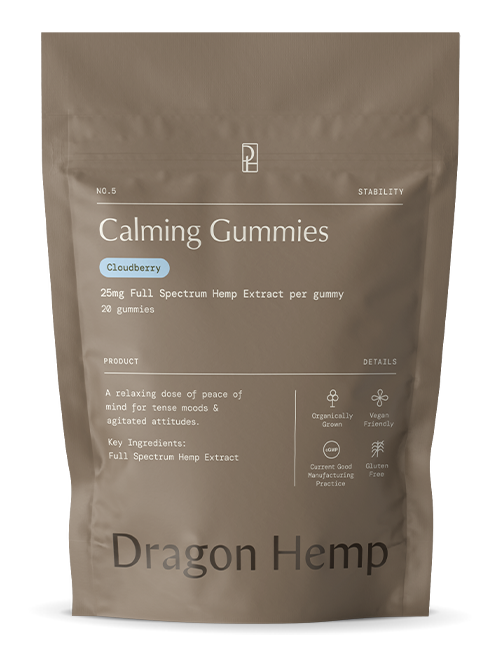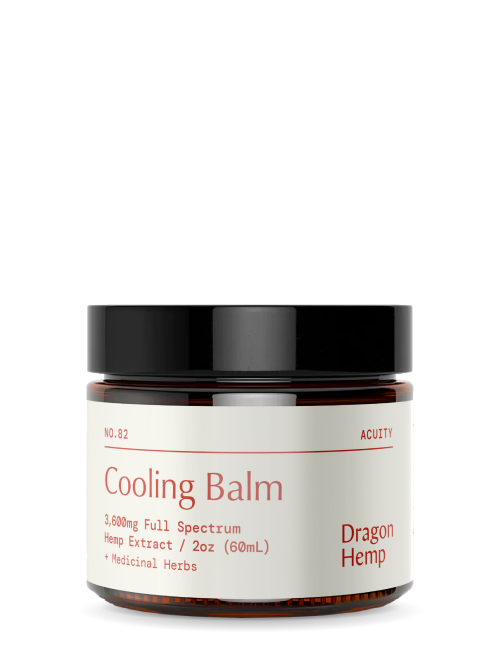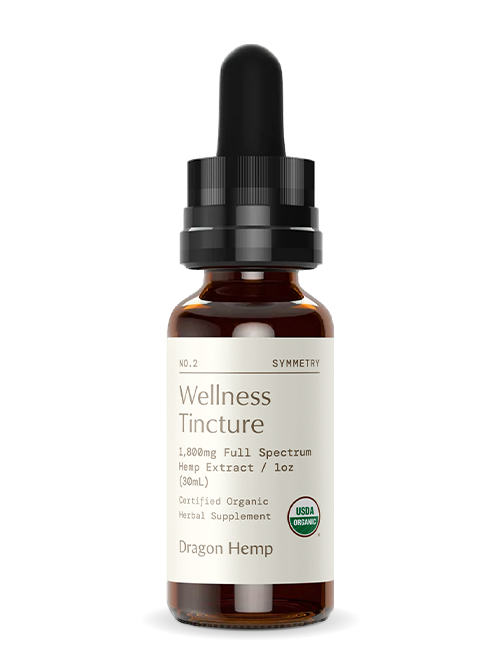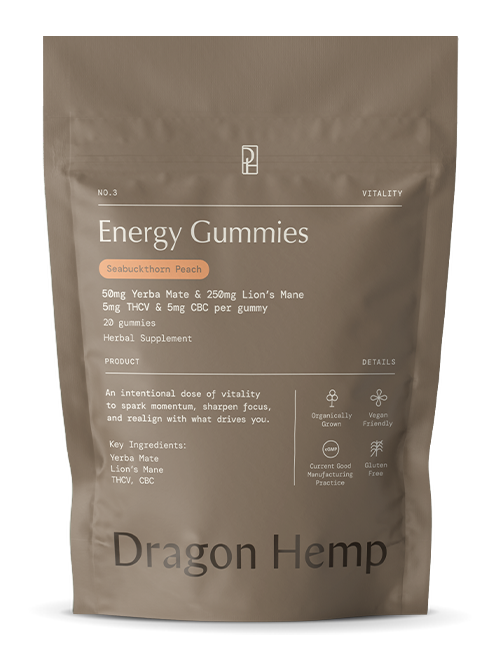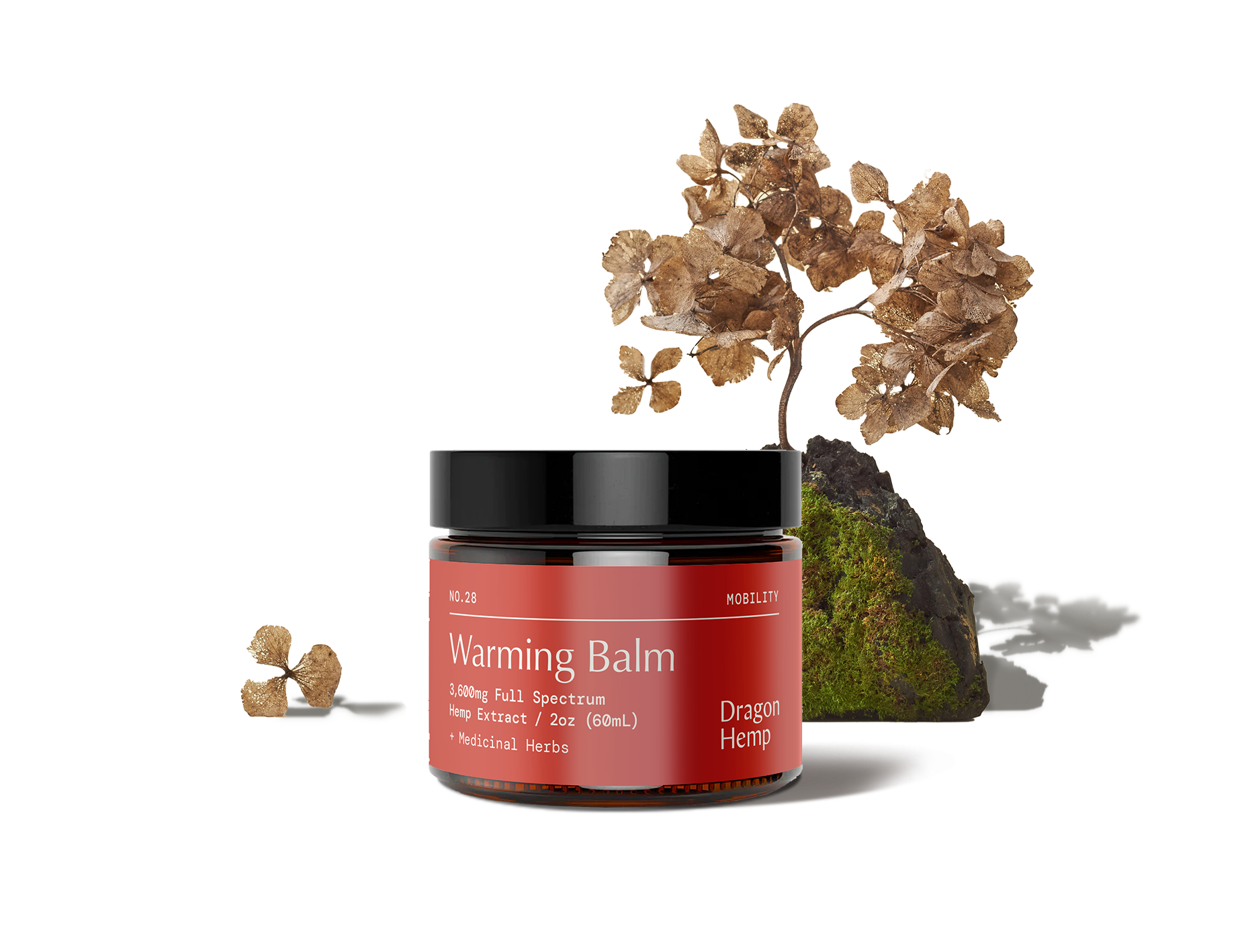
Does Turmeric Help the Body?
Turmeric is a common name in health and wellness circles. It possesses numerous health benefits and has been a key ingredient in herbal medicines for over 4,000 years. Many also appreciate its culinary properties. Indeed, Indian and Middle Eastern cuisines are incomplete without turmeric.
Health supplements have become incredibly popular among health-conscious consumers. They are considered safer and less toxic than conventional medicines because they are natural. However, the unprecedented deluge of these products on the market raises quality concerns.
But if you're not privy to the great benefits of turmeric, you'll soon understand why we wax lyrical about it. This article explores the many health benefits of turmeric and how it can help the body. This is against a background of many unsubstantiated health claims and misinformation. But don't get us wrong, natural herbs like turmeric can help the body. We also tell you where to get quality turmeric supplements, tailor-made to effectively address your health needs.
Key Takeaways
- Turmeric has a long history of medical use that dates back thousands of years.
- Its main bioactive ingredients are curcuminoids – curcumin, demethoxycurcumin, and bisdemethoxycurcumin.
- These compounds possess wide-ranging pharmacologically significant properties with potential health benefits.
- Combining CBD and turmeric is a great idea that potentially enhances their effects.
What is Turmeric/Curcumin?
Turmeric is a plant that belongs to the ginger family. Though native to Southeast Asia, this plant is now widely grown in many corners of the world. Its bioactive ingredients are stored in the bulbous rhizome (underground stem).
Thanks to its medicinal qualities, turmeric was a major herb in ancient Ayurveda and traditional Chinese medicine. In India, it was traditionally used to treat skin disorders, the digestive system, joints, and respiratory illnesses.
Due to its famous medicinal attributes, turmeric has been subjected to extensive research. Scientists have discovered at least 235 bioactive turmeric compounds, mainly terpenoids and phenolic compounds.
Of these, research shows that curcuminoids and essential oils are the primary bioactive ingredients exhibiting wide-ranging bioactivities. Curcuminoids are primarily found in the rhizomes, while the leaves and flowers are rich in monoterpenes. The roots contain sesquiterpenes, another hugely important group of compounds.
Generally, the quality of turmeric products is determined by their curcuminoid content. There are three main turmeric curcuminoids – curcumin, demethoxycurcumin, and bisdemethoxycurcumin. It's noteworthy that turmeric's curcuminoid content is affected by various factors such as cultivation conditions, location, strain, and location.
Also, the extraction method can alter the content of essential oils and curcuminoids in turmeric products. This means the quality of commercial turmeric products can vary considerably.
All in all, turmeric is marketed as a dietary supplement with implications for various health conditions like digestive problems, arthritis, allergies, respiratory infections, depression, liver disease, and many others.
How Does Turmeric Help the Body?
Turmeric helps the body in many ways. High-quality studies suggest that this herb has major benefits for the body. As you may have guessed, curcuminoids are responsible for many of these health benefits.
So, in what ways can turmeric help the body? Let's explore what science says.
Turmeric Increases the Body's Antioxidant Capacity
One of the standout features of turmeric is its antioxidant property. This quality of turmeric is helpful, considering the dire effects oxidative stress can cause on the body and the brain. It is essentially a situation where there is an imbalance between the production of reactive oxygen species (ROS) in tissues and cells and the body's ability to detoxify these reactive substances.
Oxidative stress can cause numerous degenerative and chronic diseases if not properly managed. It can also contribute to rapid aging and acute pathologies such as stroke and trauma.
It is against this background that turmeric's antioxidant effects are laudable. Research shows that this herb can help the body by neutralizing free radicals, thereby preventing over-accumulation.
Interestingly, there is some evidence that turmeric can also trigger the antioxidant activity of other substances. Curcumin's role in reducing radicals in the body is well-established, but it also turns out that flavonoids and polyphenols help lower free radical levels.
Since turmeric is a rich source of these compounds, there is substantial reason to be optimistic about its ability to minimize oxidative stress.
Natural Anti-Inflammatory
It seems this is one property that most plant compounds possess. Cardamom, ginseng, garlic, and ginger, to mention a few, are herbs with profound anti-inflammatory benefits. Despite its ubiquity, this property is incredibly vital to good health.
Inflammation may be a natural process through which the body protects itself against infections and illnesses. But make no mistake; it can cause grave side effects if it goes overboard. It has been shown that chronic low-level inflammation may have a part in diseases like atherosclerosis, cancer, metabolic diseases, and degenerative conditions like Alzheimer's.
The good news is that curcumin may help ward off chronic inflammation. A 2004 study assessing the anti-inflammatory and antiproliferative effects of common NSAIDs like aspirin and natural compounds showed that curcumin was more potent than aspirin.
In another study on the effects of curcumin on ulcerative colitis, patients given 2mg of curcumin every day together with conventional medicines were likely to stay in remission longer than those treated with medicines only.
Little wonder turmeric supplements are marketed as a potential remedy for anti-inflammatory conditions like arthritis and digestive disorders. However, it may be necessary to take large doses of curcumin owing to its poor bioavailability.
Fortunately, supplements can contain the amount required to activate turmeric's anti-inflammatory effects. For better results, supplements with black pepper (piperine) are ideal. That is because piperine can increase curcumin's bioavailability by up to 2000%.
So, adding black pepper to your meals during preparation might help you get the most from turmeric.
Neurotrophic Booster
Let's start by explaining the meaning of a neurotrophic factor.
The central nervous system is a crucial cog in the brain's communication network. For the central nervous system to function optimally, it needs a protein called brain-derived neurotrophic factor or BDNF. Primarily, BDNF regulates the function, structure, and development of synapses and neurons within this network.
This BDNF protein is produced in large quantities in childhood to support brain growth and development. Even in adulthood, BDNF remains a critical requirement for neuroplasticity (formation of new neuron connections through learning). But as we age, our BDNF levels depreciate hence the decline in cognition and memory.
However, there are ways to maintain high BDNF levels in your brain. Exercise, intermittent fasting, sleep, sun exposure, and keeping your stress levels low are proven methods of boosting BDNF concentrations. Alternatively, you can also turn to foods like soy, olive oil, eggs, red grapes, green tea, and turmeric.
Indeed, animal studies show that curcumin may increase BDNF levels in the brain. In so doing, it delays or even reverses age-related brain diseases. Moreover, higher levels of BDNF in the brain are associated with antidepressant effects.
So, if you've been feeling low, sad, or anxious, a healthy dose of turmeric may just be what you need.
Could Lower the Risk of Heart Disease
Another area where turmeric may be therapeutically significant is in preventing the development of heart disease.
Do you know that 7 of the 10 leading causes of death in 2019 were non-communicable diseases? And that heart disease was the leading death-causing non-communicable disease in the same year? This is compounded by the fact that the etiology of heart disease is largely poorly understood.
But if recent research findings are anything to go by, then turmeric may help lower the risk of heart disease. Its inner workings are still unclear, but researchers contend it does so by making the endothelium function better. The endothelium is a membrane that lines the blood vessels.
When this lining malfunctions, it is unable to regulate blood clotting, blood pressure, and other functions that help the heart work well. This could lead to heart disease.
However, research shows curcumin can boost heart health by supporting epithelial function. In fact, a study contends that it may be as effective as exercise in women past their menopause.
Thanks to its potent anti-inflammatory properties, there is evidence that curcumin may help reduce inflammation and oxidative stress. We've seen how these factors can contribute to heart disease.
Combat Rheumatoid Arthritis
Rheumatoid arthritis is an autoimmune condition, meaning it is caused by the body attacking itself. It is typically characterized by pain, joint swelling, and stiffness.
This condition has no cure, so if it becomes chronic, treatment mostly involves palliative care. The objective is to optimize the quality of life and reduce suffering. The disease can be managed effectively with modern drugs, and patients can lead near-normal lives.
In the search for natural solutions to the symptoms of RA, turmeric is an exciting prospect. Due to its anti-inflammatory attributes, it may help with arthritis, and multiple studies support this claim.
For example, a 2012 study on the efficacy and safety of curcumin in patients with RA showed that curcumin was more effective than diclofenac sodium. In addition, it did not produce any adverse effects.
Another study assessing the efficacy of a curcumin-based drug on patients with osteoarthritis concluded it was "clinically effective."
Such findings highlight the promising therapeutic implications of turmeric in reducing joint pain, inflammation, and stiffness. However, the best approach is to use turmeric together with conventional medicines.
May Help Boost Mood
Turmeric has also been studied for its potential ability to enhance mood.
In an experiment, people with depression were divided into two groups. One group was treated with a combination of curcumin and Prozac. The other was given curcumin alone. The group treated with both curcumin and Prozac posted better outcomes than the other group.
Curcumin is also associated with higher levels of BDNF in the brain. We mentioned earlier that this has been correlated with antidepressant effects, leading to suggestions curcumin may help boost mood.
Besides increasing BDNF levels, curcumin is thought to increase dopamine and serotonin levels in the brain. These chemicals are also known as "feel-good" hormones because they enhance happiness and contentment.
Can You Take CBD and Turmeric Together?
Absolutely! You can take CBD and turmeric together. Studies herein show that turmeric is more effective when combined with other medications. It is unclear why this is so, but there is compelling evidence that turmeric works better with other healing compounds.
As far as healing compounds go, none is perhaps more studied than CBD. This bioactive ingredient in cannabis possesses impressive health benefits such as pain and inflammation relief, stress and anxiety reduction, and seizure control.
What's more, CBD and turmeric are natural compounds. Since mixing herbs is as old as ancient medical systems, taking CBD and turmeric is potentially beneficial. Indeed, many manufacturers combine various healing compounds into their supplements to make them more effective and safe.
Benefits of Combining CBD and Turmeric
Both CBD and turmeric boast an array of medicinal properties and potential health benefits. Turmeric is an adaptogen. Though CBD is not considered a typical adaptogen, it exhibits adaptogenic properties.
So besides enhancing potency and efficacy, combining CBD and turmeric lowers the overall dose you need of each compound. They essentially top each other up, contributing to better health and wellness.
Also, many supplements now contain CBD, turmeric, and other healing herbs. This makes them convenient as you can take several herbs in one capsule or pill.
At Dragon Hemp, we put our mouths where the money is. We have custom-tailored formulas such as this Relief recovery tincture. Brimming with full-spectrum hemp CBD and potent botanicals like turmeric, corydalis, frankincense, myrrh, and other Chinese herbs, this tincture is designed to ease pain and inflammation throughout the body. It works by reducing blood stasis and increasing blood flow, thereby helping to reduce inflammation and pain.
This product also comes in capsule form – Relief recovery capsules. Unlike the tincture, the capsules contain premium CBD isolate blended with turmeric, corydalis, myrrh, frankincense, and other Chinese herbs to ward off pain and discomfort due to overexertion, inflammation, or injury.
Where to Find CBD With Turmeric Online
While CBD brands are mushrooming every other day, purchase hemp products from online companies like Dragon Hemp. Our products are high-quality, safe, and effective. Moreover, they are lab-tested by independent third parties to ensure they are legit and comply with regulations.
Of course, you can search for and order our products online hassle-free, discreetly, and fast. So, click on this link to see our range of practitioner-formulated hemp products.Feel like yourself again.
Peruse our collection of plant-based therapeutics blending time-honored herbal remedies with next-generation cannabinoid extracts.



